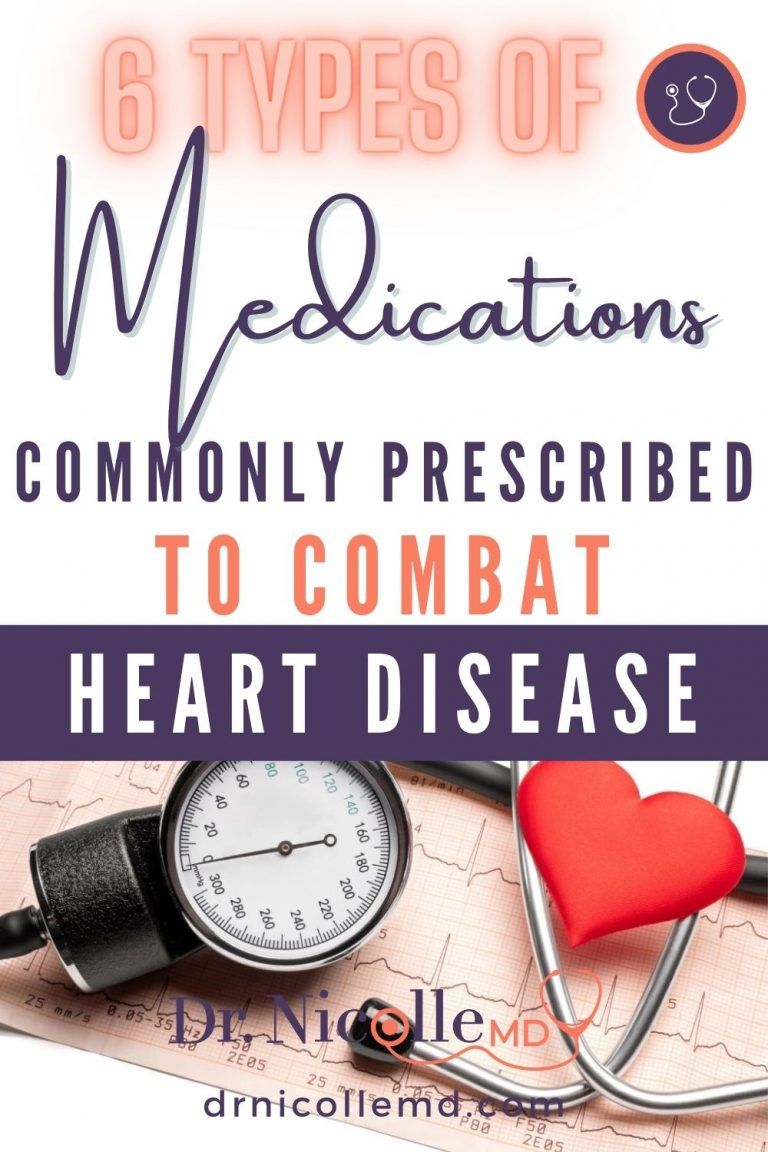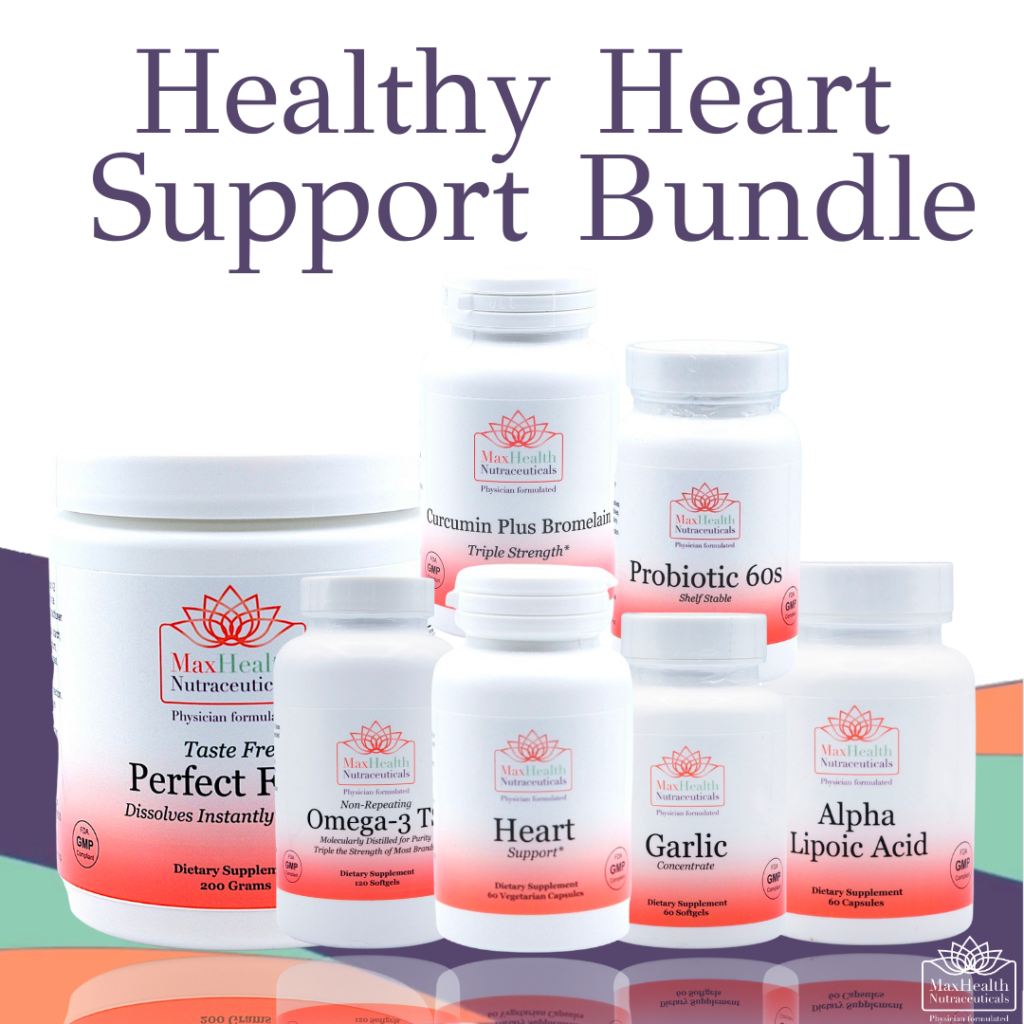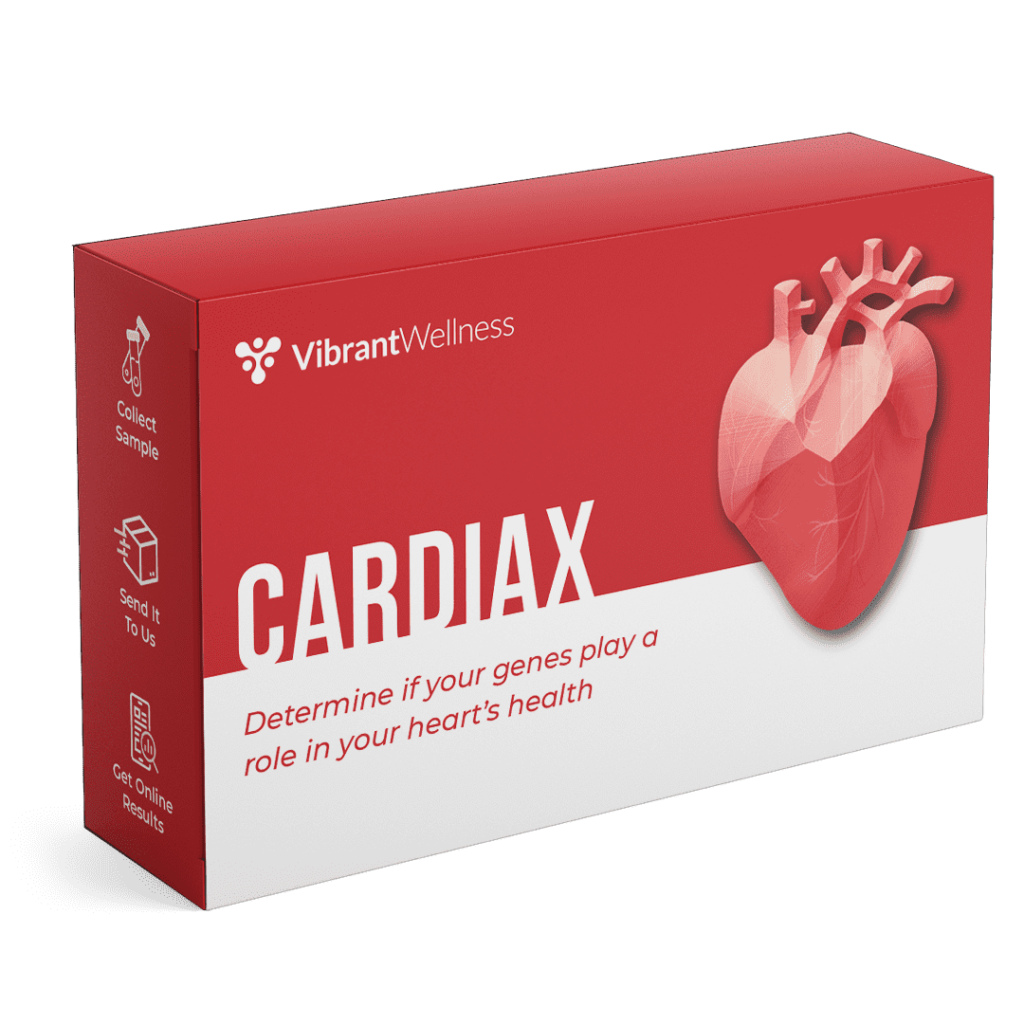


Hello. This is Heart Health Tuesdays! Today, we’ll talk about the common types of medications used to combat heart disease. If you’ve been diagnosed with heart disease, you’re not alone. Nearly half of all American adults are affected by cardiovascular disease. So, it’s important to make every effort to improve your heart health and minimize your risk of developing dangerous complications.
Lifestyle changes that keep your cholesterol and blood pressure in check can help, but for some people, this won’t be enough. In these cases, your doctor may want to prescribe medications to treat your heart disease.
Even though these medications have the same general goal, their level of effectiveness can be different for different people. Learn about the various types of medications that are frequently prescribed so you and your doctor can work together to decide on the best treatment.
Medications Used for Heart Disease Treatment
There are dozens of different heart disease medications, and many of them help reduce the damage heart disease causes in different ways. Some focus on improving blood flow, while others target factors like cholesterol and plaque buildup.
1. ACE inhibitors
ACE (angiotensin-converting enzyme) inhibitors prevent the body from producing the artery-constricting hormone angiotensin. Arteries relax with ACE inhibitors and this lowers blood pressure. They are prescribed for patients with congestive heart failure, a recent heart attack, and those with hypertension.
2. Diuretics
Diurestics, also known as water pills, causes the body to rid itself of excess fluids and sodium through urination. This helps to reduce the heart’s workload. Some examples of diuretics include: hydrochlorothiazide, furosemide, and spironolactone.
3. Beta Blockers
Metoprolol is a type of medication known as a beta blocker. This means it lowers your blood pressure by reducing the speed and force of your heartbeats. They can also help widen your veins and arteries, which may have become narrowed, thus facilitating improved circulation.
Metoprolol is also used to reduce the overall risk of heart failure. People with heart disease who take metoprolol have a higher survival rate from a heart attack.
Common side effects include dizziness, fatigue, stomach pain, and nausea.
4. Calcium channel blockers
Calcium channel blockers lower your blood pressure by inhibiting the movement of calcium into your heart and artery cells.
Diltiazem functions as a type of antihypertensive drug known as a calcium channel blocker. Diltiazem is commonly used in the treatment of the arrhythmia atrial fibrillation.
5. Statins
Statins are a type of drug that can reduce the amount of cholesterol produced by your liver. This helps regulate your cholesterol levels, which in turn, lowers your risk of developing heart disease or further damaging your heart.
Too much bad cholesterol can create plaque deposits in your arteries, limiting blood flow throughout your body. By reducing the amount of harmful cholesterol, you can minimize your risk of having a heart attack or stroke caused by heart disease and blocked arteries.
Commonly prescribed statins include Atorvastatin, Lovastatin, Rosuvastatin, Pravastatin, and Simvastatin.

6. Blood Thinners
Blood thinners are also called anticoagulants because they prevent coagulation, or clotting, in your blood. Clots can cause arterial blockages that make heart attacks or strokes more likely, so they’re frequently prescribed to people with heart disease.
Note that blood thinners can be dangerous if you exceed your prescribed dosage. If you sustain an injury such as a cut or laceration, your blood won’t be able to clot and stop the bleeding like usual. This means that applying pressure to the area and seeking medical attention for continued bleeding will be necessary.
Practice extra caution and be careful to avoid combining blood thinners with any medication that can interact negatively with them. Always read labels to know what medications to avoid with blood thinners.
- Plavix, also known as Clopidogrel, is a type of blood thinner that can reduce your risk of having a stroke or heart attack. You may experience side effects such as increased bleeding, bruising, and itching.

Talk to Your Doctor About Heart Disease
For each of the medications above, you’ll need a prescription from your doctor. This means you will need to schedule follow-up appointments at least once a year to renew your prescription and perform any necessary tests to monitor your heart disease.
Always follow all instructions when taking any medication. Read the label and keep an eye out for any side effects that could potentially be dangerous. Talk to your doctor if you feel lightheaded, frequently nauseous, or extremely fatigued, and always get physician approval before you stop taking any heart disease medication.
Food For Thought
Medications do their part to prevent or treat heart disease, but you can’t rely on medication alone. Instead, you will have to make lifestyle changes like eating right, maintaining ideal body weight, and getting enough exercise each day to support your heart health.
If you use these methods alongside any necessary medications, you’ll greatly increase their effectiveness.
If you would like to receive a free resource sheet to support your quest for better heart health, click the button below to receive your gift.
I’m excited to talk about this topic today because not only do I truly believe that you have the power to reverse heart disease and lower high blood pressure to improve your health, but the science also agrees! You can adopt healthy lifestyle practices that improve your health and enrich your life, which can in turn improve the lives of those close to you. You have the power to break the cycle of these chronic diseases so that you can leave a legacy of health to your loved ones.
As you may already know, I use lifestyle medicine as the first line of treatment, before medications, to treat lifestyle-related chronic diseases. Lifestyle-related chronic diseases include diabetes, hypertension, obesity, and some cancers, just to name a few. Lifestyle practices, such as eating a whole-food plant-based diet and regular physical activity, can help you improve blood pressure and reverse heart disease. In certain cases, these approaches may even outperform pharmaceutical therapy. But I always tell my patients that conventional medications may be appropriate at this time to prevent catastrophic illness, but over time, you can work to make the necessary lifestyle changes to possibly reduce and/or eliminate medications. Please remember to always consult your physician for your particular needs and circumstances prior to making any decisions whatsoever.
Is Dietary Supplementation Right For You?
There is a common saying, “You can’t outrun a bad diet.” This is especially true when it comes to heart health. Diet is sooooo very important… Did you know that your diet could be the key to a healthy heart? It’s true – what you eat (and don’t eat) can have a big impact on your cardiovascular health. So, if you’re looking to keep your heart in tip-top shape, make sure you pay attention to what you put on your plate.
Unfortunately, it can be difficult to eat a healthy diet in this day and age. It is very important to note that we are not eating the same foods we ate years ago because the soils have been depleted of critical nutrients through current industrial farming practices. And because the soil is not as good as it used to be, the food supply (grown from the depleted soil) is not as good as it used to be. For example, you are not getting the same levels of magnesium as you would have gotten 30 or even 50 years ago.
Second, much of the food has been genetically altered, which can impact the inherent and unique nutritional composition that each food possess. For example, ancient einkorn wheat has less gluten, more protein, more Vitamin A, and more beta carotene, than modern genetically modified wheat.
Third, the toxic load in the environment today is much higher than 100 years ago. We can see this with global warming, toxic landfills, polluted oceans and waterways, etc. Toxicity levels interfere with nutrient assimilation and absorption not just into the foods, but into our bodies as well.
For some people, vitamin and mineral supplements offer important health benefits. Supplements are designed to fight deficiencies found in our diet and complement the food we eat regularly. Supplements are basically “helping hands” to our daily food.
If you need extra help in getting the nutrients you need, and/or are unable to eat better, the supplements in my Healthy Heart Bundle may provide the extra boost you need.
These are my favorite Heart Health Supplements to use! This Healthy Heart Bundle will ensure you have the intake of the important vitamins, minerals, and probiotics to decrease inflammation and boost your innate wellness day and night. Taken together, it’s a solid plan for increasing your body’s natural resiliency while you lose weight and improve your heart health, naturally.
For best results make sure you use my heart health supplements with dietary changes including a whole food plant-based diet, regular exercise (at least 2-3x per week), regular sleep (8 hours per night), and intermittent fasting (at least 1-3x per week).
Tools to Improve Heart Health
Blood Pressure Monitoring
It’s very important to monitor your blood pressure. I often recommend an automatic upper arm blood pressure cuff, but a wrist blood pressure monitor is also acceptable.
Weight Monitoring
Since weight management is very important in blood pressure control, I recommend that you be mindful of your weight and its fluctuations, and that you monitor your weight AT LEAST on a weekly basis. I recommend a scale that includes a body composition monitor.
Taking Charge Of Your Heart Health
Heart health is a big topic. It’s in the news, on our minds, and for good reason; heart disease remains the leading cause of death in the U.S. But what if there was something you could do proactively to help protect your heart from future problems? Enter the CardiaX test—a revolutionary new way to take charge of your heart health!
What is CardiaX?
CardiaX is a comprehensive genetic testing panel that looks at mutations associated with common cardiovascular risks. It can be used to determine if there are any genetic factors at play in your heart health, and it can also identify potential areas of risk that may require further action. With this knowledge, you can make informed choices about your health today with the aim of improving long-term heart health outcomes.
Who Might Benefit from CardiaX?
If you have been diagnosed with or are at risk for atherosclerosis, abnormal cholesterol production, hypertension, stroke risk, and risk for heart attack then you may benefit from this test. Additionally, anyone who wants to know more about their genetic predispositions for common cardiovascular risks may also want to consider taking this test as well.
What Can I Do With My Results?
Your results will give you an indication of whether or not there are any potential genetic markers playing a role in your risk for developing certain conditions related to heart health. From there, you can work with your healthcare provider to develop a plan that takes into account these findings and helps you develop strategies for managing them going forward. In addition to lifestyle changes such as diet and exercise modification, selecting medications that are tailored specifically to your genetics could be beneficial as well.
In A Nutshell…
The CardiaX test is an exciting new way to take charge of your heart health by learning more about how genetics might be playing a role in certain cardiovascular risks. With this knowledge in hand, patients can make decisions informed by their own unique genetic profile that will help reduce their overall risk for developing certain conditions associated with heart disease. This type of proactive approach is key when it comes to protecting ourselves against this all-too-common affliction—so don’t wait another minute! Take control of your future and get started with the CardiaX test today!
Remember, healthy lifestyle behaviors–like eating a whole-foods plant-based diet that is low in sodium, being physically active, and stress management are the best ways to prevent and control high blood pressure. Please talk with your doctor about any complementary health approaches, including supplements, you use.

Dr. Nicolle Martin
Some of the links in this article are "affiliate links", a link with a special tracking code. This means if you click on an affiliate link and purchase the item, we will receive an affiliate commission.
The price of the item is the same whether it is an affiliate link or not. Regardless, we only recommend products or services we believe will add value to our readers.
By using the affiliate links, you are helping support our Website, and we genuinely appreciate your support.
Last updated on July 12th, 2022 at 09:53 am

Minimize Medications. Maximize Health.
Are you super busy but need to take control of your health? Are you tired of being tired? Subscribe to my “Minimize Medications, Maximize Health Blog” and I’ll give you 7 Tips to Get Healthy in No Time absolutely FREE.







